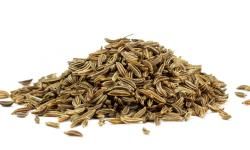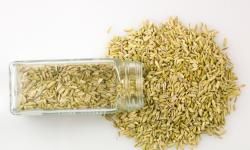You and the wife celebrated your promotion with dinner at your favorite barbecue joint. You've been working hard for months, you think, so you deserve to cut loose a little. On the way home you groan and mutter that you wish you had stopped after that first barbecue platter. Your wife shrugs her shoulders. You both know the price for your revelry will be a painful night of bloating, gas and heartburn.
But sometimes your tummy can turn on you even when you haven't been making one too many trips to the buffet table. It's important to know what normal tummy trouble is, and what's something to take more seriously.
Advertisement
There are two kinds of stomach problems. A chronic, long-term upset stomach is fairly serious and should be discussed with your doctor. Temporary stomachaches are usually less serious and tend to be caused by something you ate. There are some simple dietary changes you can make to avoid gas; and if you do find yourself with a bellyache, luckily, there are some simple home remedies you can use to alleviate discomfort. In this article, we'll offer 18 tips that may help.
This information is solely for informational purposes. IT IS NOT INTENDED TO PROVIDE MEDICAL ADVICE. Neither the Editors of Consumer Guide (R), Publications International, Ltd., the author nor publisher take responsibility for any possible consequences from any treatment, procedure, exercise, dietary modification, action or application of medication which results from reading or following the information contained in this information. The publication of this information does not constitute the practice of medicine, and this information does not replace the advice of your physician or other health care provider. Before undertaking any course of treatment, the reader must seek the advice of their physician or other health care provider.





















